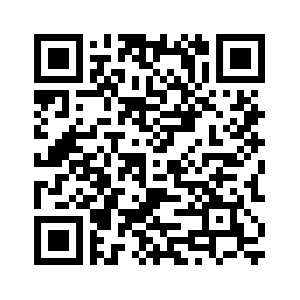Ausencia de evidencia no es evidencia de ausencia.
Resumen
Cuando un estudio finaliza con resultados estadísticamente significativos hay que juzgar si adicionalmente son clínicamente relevantes y útiles en nuestra práctica diaria. El hecho de encontrar en un estudio resultados “negativos” no implica que esa sea la verdad definitiva. Este artículo ilustra con un ejemplo porque la ausencia de evidencia no es igual a evidencia de ausencia.Descargas
Disciplinas:
epidemiologíaLenguajes:
esAgencias de apoyo:
Universidad del Cauca, Departamento de Anestesiología.Referencias bibliográficas
Bakheit AM, Shaw S, Barrett L, Wood J, Carrington S, Griffiths S, et al. A prospective, randomized, parallel group, controlled study of the effect of intensity of speech and language therapy on early recovery from poststroke aphasia. Clin Rehabil. 2007;21(10):885-94.
Kertesz, A. Western Aphasia Battery. Grune & Stratton; New York: 1982.
Sedgwick P. Absence of evidence is not evidence of absence. BMJ 2011; 342:d312
Altman DG, Bland JM. Absence of evidence is not evidence of absence. BMJ 1995;311:485.
Kelly H, Brady MC, Enderby P. Speech and language therapy for aphasia following stroke. Cochrane Database of Systematic Reviews 2010, Issue 5. Art. No.: CD000425. DOI: 10.1002/14651858.CD000425.pub2.












.png)



